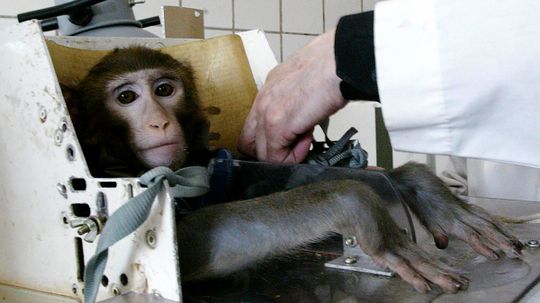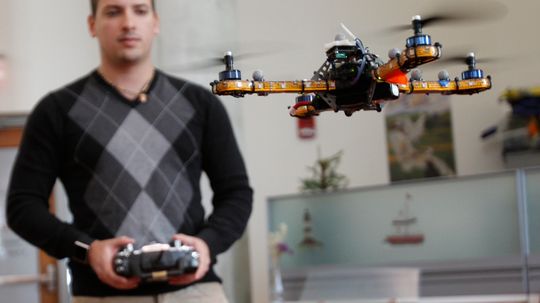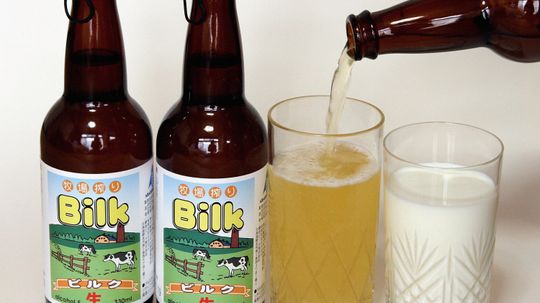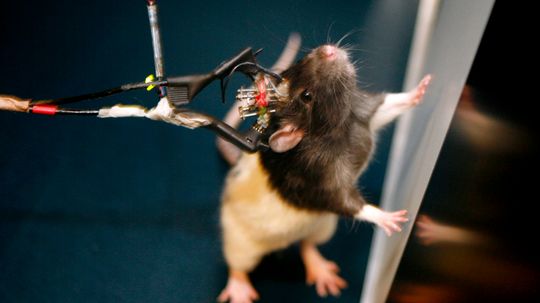Innovation
Do you know how common everyday items, such as mirrors, fireworks or sunglasses work? This collection of Innovation articles explores the workings of objects you may come into contact with on a regular basis.

10 Nobel Laureates Whose Work Changed the World
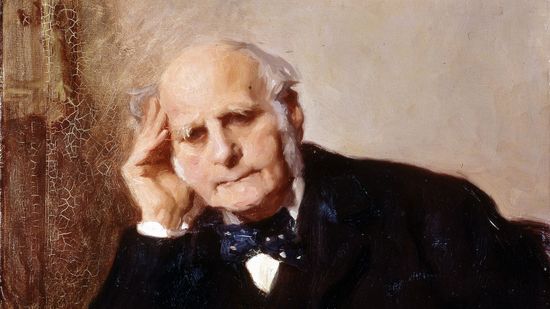
Eugenics Overshadows the Legacy of Scientific Genius Francis Galton
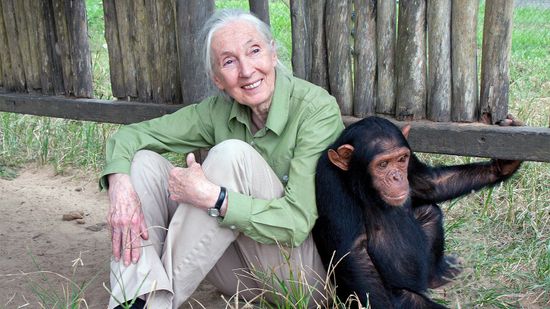
Jane Goodall: A Global Face for Global Peace
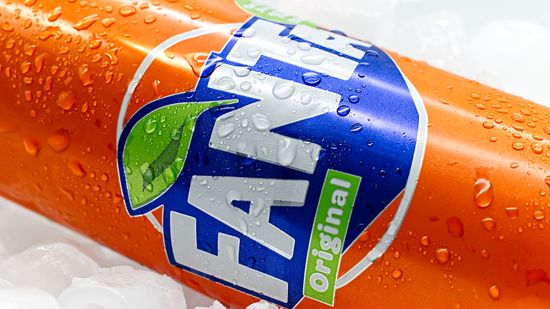
Who Made Fanta? Was It Really the Nazis' Favorite Soda?

'Mad Honey' Comes From Bees That Gather This Specific Nectar

Barrels and Barrels of Aged Beer

Who Invented the Toilet? A Brief History of the Flush

HowStuffWorks: How Porta Potties Work
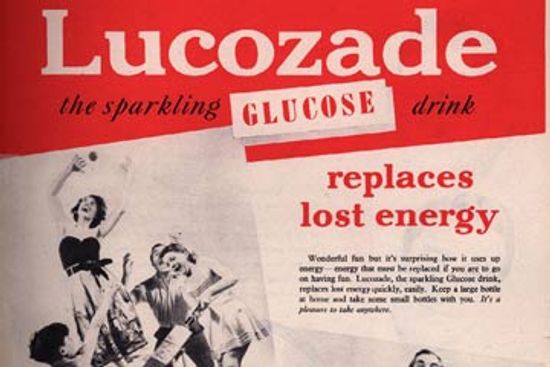
Who invented sports drinks?

Meet the Man Who Invented Cool Whip, Tang and Pop Rocks

Thomas Edison vs. Nikola Tesla Quiz
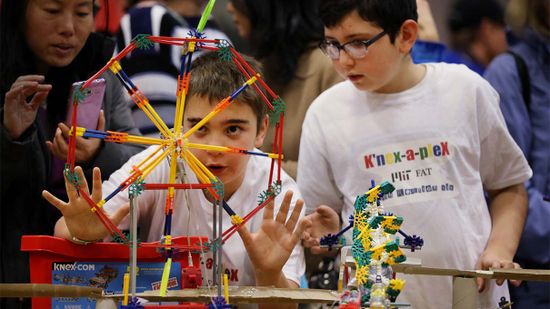
Rube Goldberg: The Man Behind the Ingenious Contraptions

The Evolution of Dictaphones: A Comprehensive History

The Evolution of the Franklin Stove: From Invention to Modern Efficiency

The Fascinating History of the Mimeograph Machine

5 Green NASA Inventions
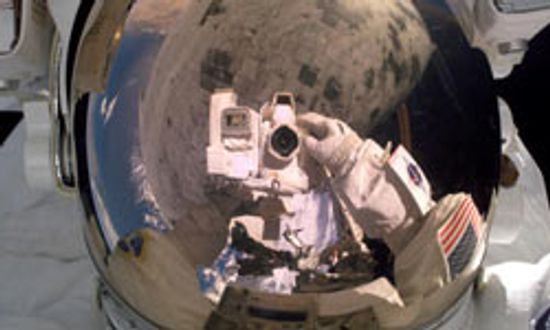
5 Types of NASA Technology in Your Attic
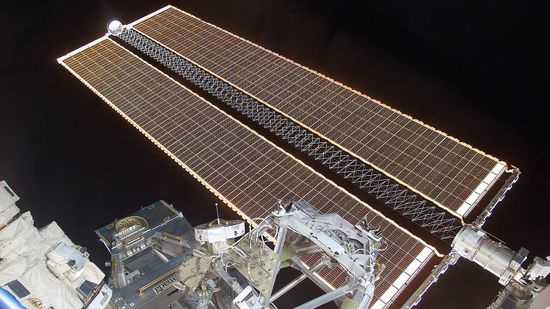
How Has NASA Improved Solar Energy?

How hard is the patent application process?

How to File a Patent
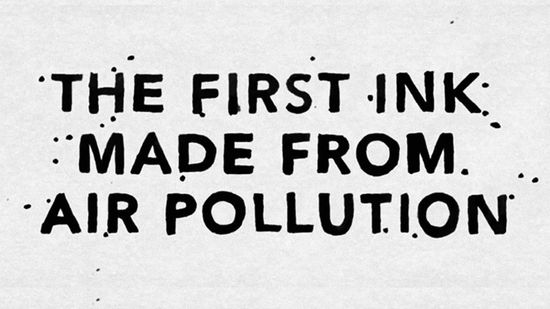
Turning Air Pollution Into Ink

10 New Uses for Old Inventions

How Do QR Codes Work? 2D Barcodes Explained

How can a bar code save your life?
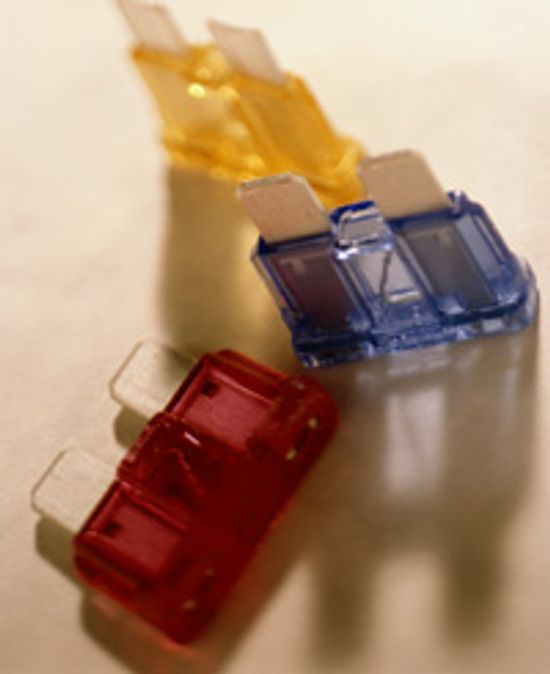
Is it possible to fix a blown fuse with a chewing gum wrapper?

How do scratch-and-sniff stickers work?

10 Oddball Questions Scientists Have Genuinely Tried to Answer

Why does a balloon stick to hair?
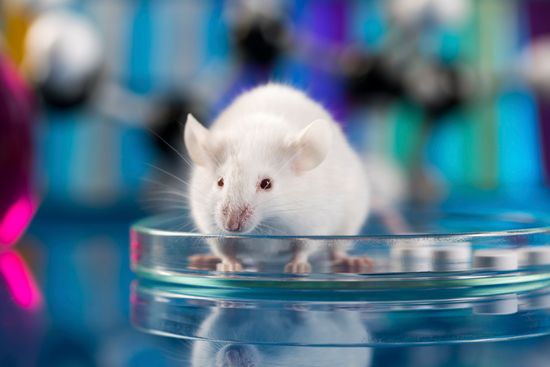
Why Do We Experiment on Mice?

10 Black Scientists You Should Know
Learn More / Page 8
With the launch of the Kepler telescope and observatory in 2009, scientists' knowledge of our universe has taken a quantum leap forward in a little more than five years. Orbiting our own planet, Kepler's mission is a simple one: Search for habitable planets elsewhere in the universe. This orbiting telescope is so powerful that it [...] The post 10 Mindblowing Discoveries of the Universe appeared first on Goliath.
By Jack Sackman
For generations science fiction writers have helped to shape the future with their imaginations. In his classic novel From the Earth to the Moon, Jules Verne wrote a fictional account of traveling to space nearly a century before it actually happened. What's more, radar, geostationary satellites, and powerful computers that fit in your pocket were all [...] The post 12 Of The Coolest Theoretical Ideas From Science Fiction appeared first on Goliath.
By Wes Walcott
It's almost like making food out of air.
Advertisement
Although spending time upside down can be good for overall health, doing so eventually can be fatal under the right conditions.
From the moment we are awoken by our alarm clock in the morning, right through to when we turn out the light before going to sleep, we use an enormous amount of inventions that make our day to day lives much easier. Many of these are relatively new inventions, whilst there are also dozens of [...] The post 10 Amazing Inventions We Don't Appreciate Enough appeared first on Goliath.
By Jonny Hughes
Not every wonderful invention was created intentionally. Some of the products we cherish most were born because of clumsiness or lazy tendencies. While others were discovered by watching how others interact with things differently than we do. For researchers who spend months, or even years experimenting, this spontaneous discovery can be thrilling. While not every [...] The post 15 Of The Coolest Accidental Inventions appeared first on Goliath.
By Rachel Despres
Before the scientific method came along, science dabbled in some pretty far-out ideas in its youth. Remember miasmas? And spontaneous generation? And the four elements?
Advertisement
Most loss of life in earthquakes comes from people being trapped inside crumbling buildings. And engineers have come up with many techniques to lessen the structural damage. But is there a way to make a building completely earthquake-proof?
After the success of craft breweries, it was perhaps inevitable that moonshine would get its own day in the sun. But while you can make both beer and whiskey at home, there are some major differences between them - starting with legality.
Sure, novelty foods can seem gimmicky sometimes, but color-changing ice cream is a treat that's fun for your taste buds and your eyes. Learn the chemistry behind the confection - it's sweeter than you think.
Science is forever uncovering the mysteries of our universe, but some questions remain elusive. What topics have us still scratching our heads?
Advertisement
Animal testing has a long, gruesome history, but it's also saved countless human lives.
By Oisin Curran
Seven million (and counting) YouTube viewers can't be wrong. Nano quadrotors are tiny, autonomous flying machines that have the Internet buzzing.
By Chris Opfer
Bend but don't break: That's the idea behind many of these temblor-thwarting technologies. They may even allow a building's inhabitants to walk out unharmed and start picking up the pieces after the earthquake subsides.
Surprisingly, the date stamped on your unopened can of tuna doesn't really have much to do with how safe it is to eat. So what does it mean, and how can you decide whether to eat it or chuck it?
Advertisement
You might have heard of George Washington Carver and Neil deGrasse Tyson. But what about Patricia Bath? Or Percy Julian? Meet 10 African American scientists who have made the world a better place for everyone.
The Hybrid Sports Bike, still in its prototype stage, is a three-in-one: a pedal-powered bicycle souped-up with both a gas engine and an electric motor. But how could a gas-powered bike be environmentally friendly?
By Julia Layton
Despite a ho-hum name, paper shredders have an extraordinary (and juicy) history featuring the likes of Oliver North, Enron and all sorts of spies. What story will thrust this commonplace technology back in the limelight next?
Ahhhh, the good old No. 2 pencil and its oft-used eraser. Have you ever wondered exactly what science is at work when that pink, rubbery lifesaver eradicates your blunders?
Advertisement
Beer is quickly becoming a trendy mixer for more adventurous cocktail drinkers. However, this acidic ingredient doesn't always play well with others. Why can't beer and milk just get along?
The age of a beer can dramatically influence its flavor, and usually not for the better. But what about its alcohol content? Does a decade-old barley pop still pack the same wallop as one bottled the week before?
A quickly poured beer or soda can create a layer of foam -- also known as a "head" -- toward the top of the glass. But while a soda head rapidly disappears, a beer head lingers even after you've begun to drink the beer. How can this be possible?
Few would argue that lab rats lead an easy life. Add to it the assertion that they are prone to cancer just by being lab rats, and we've found a whole new level of depressing. But is it true?
Advertisement
Rats! They're just like family. Evolutionarily, anyway. So when it comes to research and biomedical study, what can they do for us?
Comic book character Popeye is synonymous with being strong thanks to all the iron in the spinach he eats. But lately, there's been some talk that spinach is not all that good a source of iron and, in fact, it got the claim by error.









